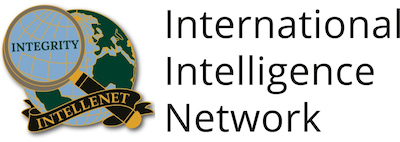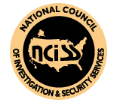Human trafficking is a global problem and it happens in all 50 states of the United States. It’s important to know the signs of human trafficking and be aware of those around you. You just might end up saving someone’s life. Keep in mind that not all trafficking victims are sex workers or women. While women and girls do make up a large percentage of trafficking victims, boys and men are also trafficked for forced labor. Here are some things to watch for if you suspect a person might be a victim of human trafficking.
- They’re fearful of police or authority figures
- They show signs of physical abuse such as scars, bruises, malnourishment and other untreated condition
- They show signs of psychological abuse such as fear, anxiety and lack of memory of recent events
- They lack knowledge of current events or news
- They’re given very limited freedom to move around or come and go
- Typically someone else will be in control of their identification and passport
- They usually aren’t allowed to handle money themselves
- They seem fearful of the trafficker or companion
- They rarely make eye contact and don’t interact much in social situations
- They often lack personal possessions
- They could be unaware they are being trafficked and just believe they are stuck in a bad job
- They might believe their safety or that of their family is at risk if they are discovered or escape
- They have little or no access to any medical care
- They might seem secretive
- They don’t start or strike up conversations with others or get involved in existing conversations
- Their social interactions seem forced or rehearsed
If you believe you have encountered a victim of human trafficking, there is help. When you can discreetly do so without the trafficker overhearing, you can call the U.S. National Human Trafficking Hotline at 1-888-373-7888 or if you need to text, you can text “BeFree” to 233733. You never know when you might encounter a potential victim of human trafficking so please, take a moment right now to program these numbers into your phone so you have them handy if you need them. Your quick action could be the difference that saves someone’s life.










